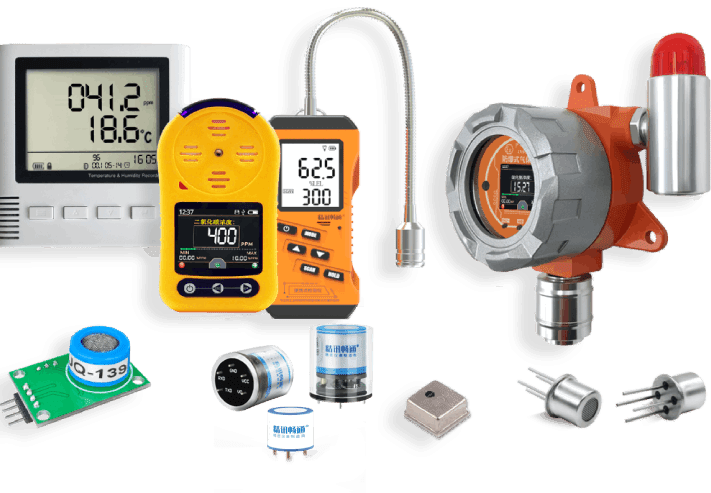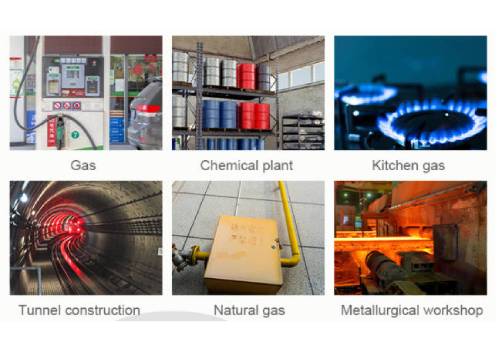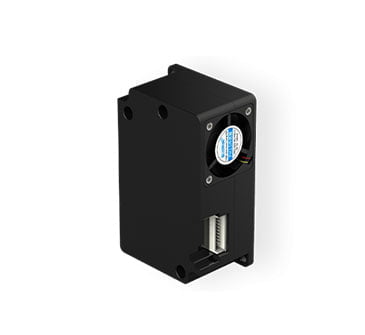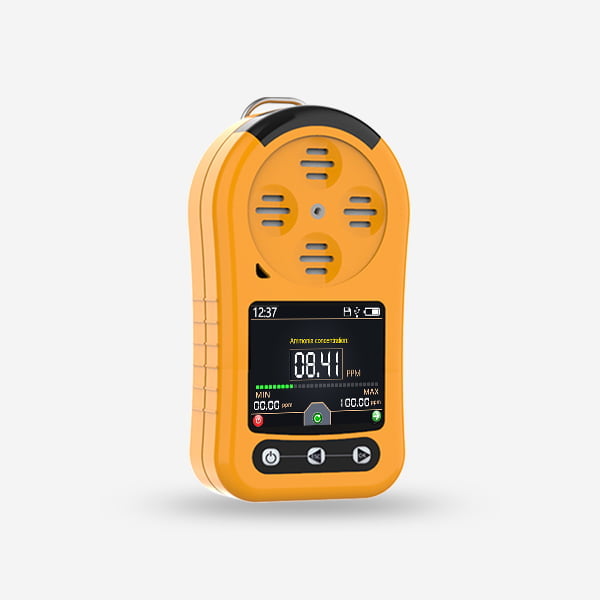Gas detectors play a critical role in safeguarding human health, protecting the environment, and ensuring regulatory compliance across various industries. By detecting the presence of hazardous gases and volatile organic compounds (VOCs), gas detectors enable proactive measures to mitigate risks, prevent accidents, and maintain safe working environments. This essay explores the importance of gas detectors, focusing on their applications, advantages, considerations, advancements in technology, integration with IoT and data analytics, regulatory compliance, challenges, and future developments.
Types of Gas Detector
Gas detector come in various types, each detect specific types of gases and operate under different principles. Common types of gas detectors include:

Photoionization Detectors (PID): PID sensors are use for the detection of VOCs and other gases. They operate by ionizing gas molecules using high-energy UV light, generating a measurable current that is proportional to the gas concentration.
Electrochemical Sensors: These sensors utilize chemical reactions to detect specific gases, such as carbon monoxide, hydrogen sulfide, and oxygen. They are widely used in industrial and personal safety applications.
Infrared Gas Detector: Infrared sensors detect gases based on their absorption of infrared radiation. They are particularly effective in detecting hydrocarbons and other gases with specific infrared absorption characteristics.
Catalytic Bead Sensors: These sensors are used to detect combustible gases by measuring the heat of gas oxidation on a catalytic surface. They are commonly employed in industrial settings to monitor flammable gas concentrations.
Advantages of Gas Detector

Gas detector offer several advantages that make them indispensable tools for ensuring safety and environmental protection. Some of the key advantages include:
- Early Detection: Gas detector provide early warning of the presence of hazardous gases, enabling prompt evacuation, containment, or mitigation measures to be implemented.
- Real-time Monitoring: Gas detector offer real-time measurements of gas concentrations, allowing for immediate response to changing environmental conditions and potential hazards.
- Versatility: Gas detector can be used to detect a wide range of gases, making them suitable for diverse industrial, commercial, and environmental applications.
- Portability and Ease of Use: Many gas detector are portable and user-friendly, allowing for easy deployment in various operational environments and field applications.
Considerations for Using Gas Detector
While gas detector offer numerous benefits, there are several considerations that should be taken into account when using them. These include:
- Cross-sensitivity and Interference: Gas detector may exhibit cross-sensitivity to other gases, as well as potential interference from environmental factors such as humidity, temperature, and background gases. Understanding and mitigating these issues is essential for accurate gas detection.
- Calibration and Maintenance: Regular calibration and maintenance of gas detector are crucial to ensure accurate and reliable performance. Proper training and adherence to manufacturer guidelines are necessary for effective use and maintenance of gas detection equipment.
- Limitations and False Alarms: Users must be aware of the limitations of gas detector and the potential for false alarms, which can impact operational efficiency and worker confidence in the detection system.
Advancements in Gas Detector Technology
Advancements in gas detector technology have led to the development of enhanced features and capabilities. Modern gas https://www.jxctl.com/2010.html now offer extended measurement ranges, increased sensitivity, and improved resistance to environmental factors. Furthermore, the integration of wireless connectivity and data logging features enables remote monitoring and data collection, enhancing the efficiency of gas detection systems. Additionally, the miniaturization of gas detector has resulted in the creation of handheld and wearable devices, expanding their applicability in personal safety and on-the-go monitoring.
Integration with IoT and Data Analytics
The integration of gas detector with the Internet of Things (IoT) and data analytics platforms has revolutionized gas detection and monitoring systems. By connecting gas detector to IoT networks, real-time gas concentration data can be transmitted to centralized monitoring systems, enabling proactive decision-making and rapid response to potential hazards. Data analytics tools can process and analyze large volumes of sensor data, identifying trends, anomalies, and patterns that contribute to a deeper understanding of gas exposure risks and environmental conditions.
Regulatory Compliance and Standards
Gas play a crucial role in helping industries and regulatory bodies comply with safety and environmental standards. They are utilized in occupational safety programs to monitor workplace air quality and ensure compliance with exposure limits for hazardous gases. Additionally, gas detector are instrumental in environmental compliance monitoring, contributing to the assessment of air pollution levels and the identification of sources of gas emissions. Their use aligns with regulatory standards and guidelines aimed at safeguarding human health, protecting the environment, and promoting sustainable industrial practices.
Conclusion
Gas detectors play a vital role in gas detection, environmental monitoring, and workplace safety across diverse industries. Their ability to detect a wide range of gases with high sensitivity and selectivity makes them indispensable tools for ensuring the well-being of workers, protecting the environment, and maintaining regulatory compliance. As advancements in detector technology continue to unfold, gas detector play an increasingly pivotal role in shaping the future of gas detection systems, contributing to safer and healthier operational environments for years to come. GPT-3.5





